To provide the best experiences, we use technologies like cookies to store and/or access device information. Consenting to these technologies will allow us to process data such as browsing behaviour or unique IDs on this site. Not consenting or withdrawing consent, may adversely affect certain features and functions.
The technical storage or access is strictly necessary for the legitimate purpose of enabling the use of a specific service explicitly requested by the subscriber or user, or for the sole purpose of carrying out the transmission of a communication over an electronic communications network.
The technical storage or access is necessary for the legitimate purpose of storing preferences that are not requested by the subscriber or user.
The technical storage or access that is used exclusively for statistical purposes.
The technical storage or access that is used exclusively for anonymous statistical purposes. Without a subpoena, voluntary compliance on the part of your Internet Service Provider, or additional records from a third party, information stored or retrieved for this purpose alone cannot usually be used to identify you.
The technical storage or access is required to create user profiles to send advertising, or to track the user on a website or across several websites for similar marketing purposes.
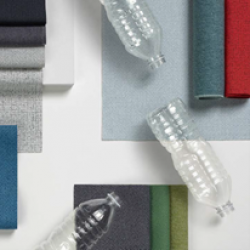 Sustainability has been steadily moving up the business agenda over the past few years, with COP26 placing more emphasis on the need for organisations to demonstrate that their operations are sustainable and lessening their overall impact on the planet. Many businesses may feel daunted by the challenges ahead, and there are certainly big steps that need to be taken in order to reduce corporate carbon footprints and move to more sustainable models. More →
Sustainability has been steadily moving up the business agenda over the past few years, with COP26 placing more emphasis on the need for organisations to demonstrate that their operations are sustainable and lessening their overall impact on the planet. Many businesses may feel daunted by the challenges ahead, and there are certainly big steps that need to be taken in order to reduce corporate carbon footprints and move to more sustainable models. More →



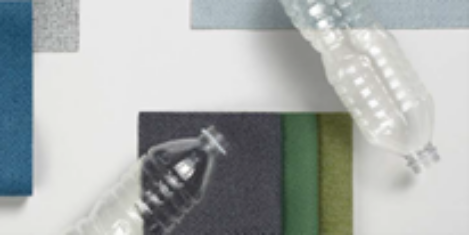
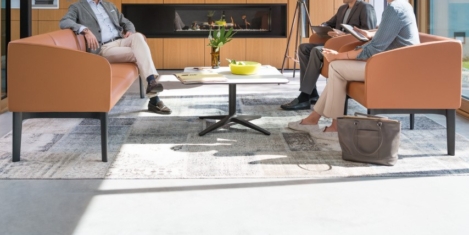
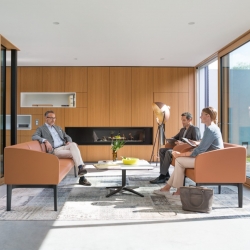 Nearly three quarters of global office occupiers responding to a survey expect to transform their workplace design in the next two years, according to a report from
Nearly three quarters of global office occupiers responding to a survey expect to transform their workplace design in the next two years, according to a report from 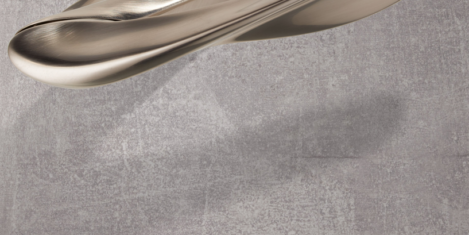
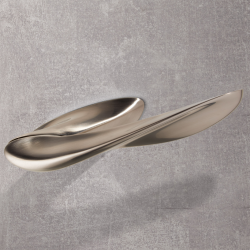 Architects and designers have always a had a thing for door handles. It’s the kind of detail they like and one of the most genuinely tactile features of a building. Architects from Frank Gehry to Zaha Hadid have worked on the designs of door handles for manufacturers.
Architects and designers have always a had a thing for door handles. It’s the kind of detail they like and one of the most genuinely tactile features of a building. Architects from Frank Gehry to Zaha Hadid have worked on the designs of door handles for manufacturers. 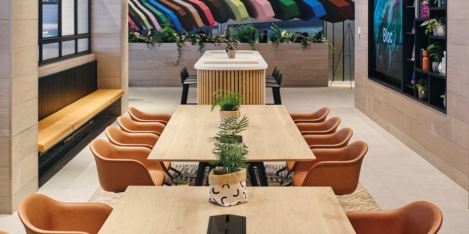
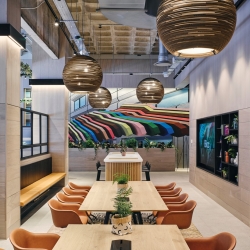

 Predicting the future is a fool’s errand. History is littered with examples of people who got it horribly wrong. In 1876, William Orten, the president of then telegraphy pioneer Western Union, claimed that the telephone was an idiotic, ungainly and impractical idea that would never catch on. Almost a century later, Microsoft’s Bill Gates said that nobody would ever need more than 640KB of memory in a computer. Today’s home computers and laptops can store up to 32GB of memory.
Predicting the future is a fool’s errand. History is littered with examples of people who got it horribly wrong. In 1876, William Orten, the president of then telegraphy pioneer Western Union, claimed that the telephone was an idiotic, ungainly and impractical idea that would never catch on. Almost a century later, Microsoft’s Bill Gates said that nobody would ever need more than 640KB of memory in a computer. Today’s home computers and laptops can store up to 32GB of memory. 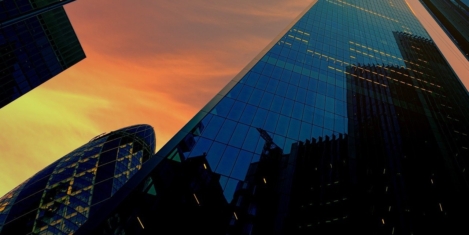
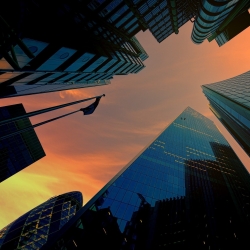 The so-called green agenda, sustainability and climate change have finally hit centre stage. Various announcements are being made by UK Government and numerous high profile figures are crying a call to action to implement carbon reduction plans now. Lord Mayor of the City of London, Alderman William Russell, stated at the
The so-called green agenda, sustainability and climate change have finally hit centre stage. Various announcements are being made by UK Government and numerous high profile figures are crying a call to action to implement carbon reduction plans now. Lord Mayor of the City of London, Alderman William Russell, stated at the 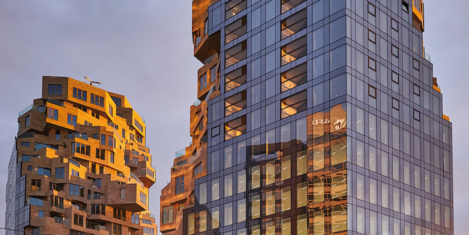
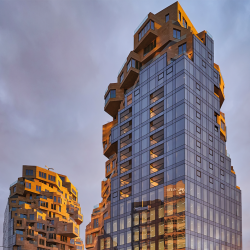
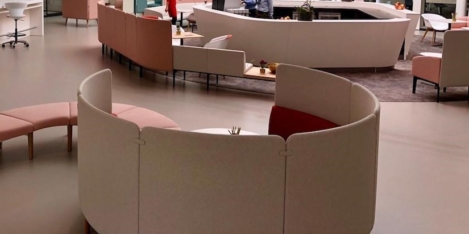
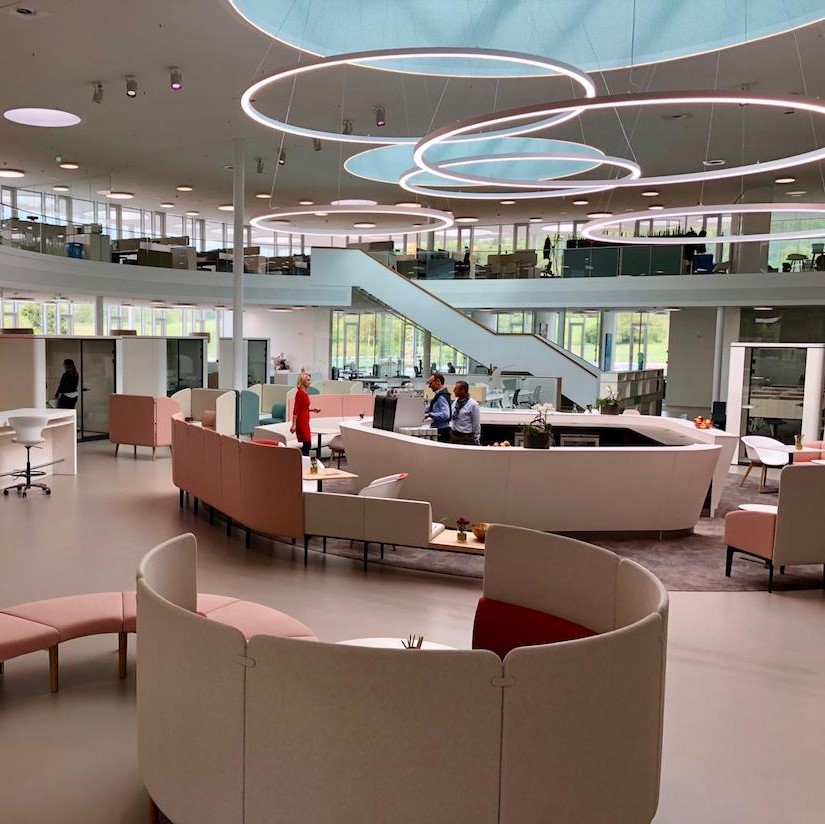
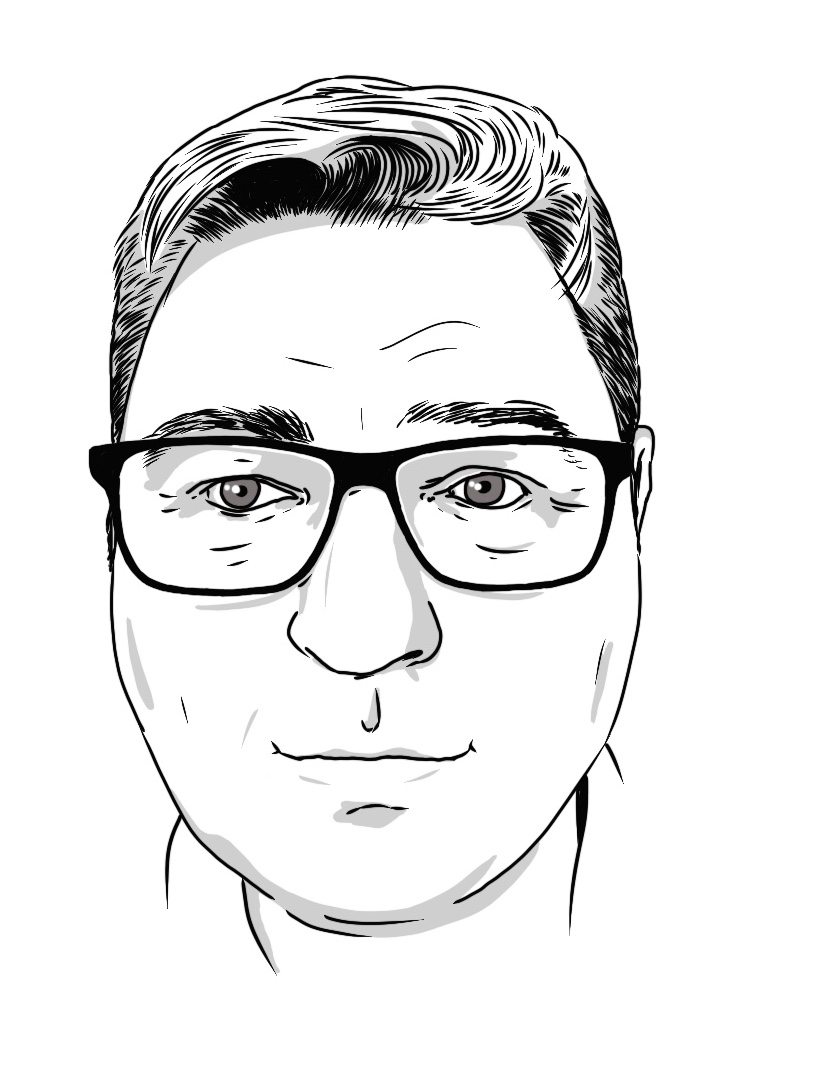
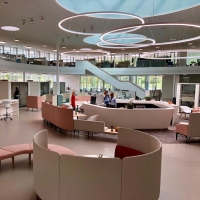 There’s no one-size-fits-all approach to work. Every business will need to test, iterate, and refine approaches depending on their team’s needs. However, after the once in a generation changes in the last year, and all of the talk about the office of the future, setting a digital-first baseline is a key first step. This means embracing a mindset shift to thinking of the physical office not as the HQ, but as just one tool at your organisation’s disposal. The HQ, meanwhile, becomes digital.
There’s no one-size-fits-all approach to work. Every business will need to test, iterate, and refine approaches depending on their team’s needs. However, after the once in a generation changes in the last year, and all of the talk about the office of the future, setting a digital-first baseline is a key first step. This means embracing a mindset shift to thinking of the physical office not as the HQ, but as just one tool at your organisation’s disposal. The HQ, meanwhile, becomes digital. 
 Pressing the ‘reset’ button is never easy. But I’m a firm believer that, once we do, we become much less averse than we perhaps expected to the change it inevitably brings. This is particularly true of the past eighteen months. From all of the sadness and hardship endured, we are beginning to emerge into a new, changed way of living. One that is both familiar and altogether different. The dichotomy is particularly evident in our workplaces. For many sections of the economy, the office was the ecosystem of our daily working lives. Initial questions of whether the office would survive quickly fell by the wayside, and a more interesting, nuanced, debate of what we want the office to be began.
Pressing the ‘reset’ button is never easy. But I’m a firm believer that, once we do, we become much less averse than we perhaps expected to the change it inevitably brings. This is particularly true of the past eighteen months. From all of the sadness and hardship endured, we are beginning to emerge into a new, changed way of living. One that is both familiar and altogether different. The dichotomy is particularly evident in our workplaces. For many sections of the economy, the office was the ecosystem of our daily working lives. Initial questions of whether the office would survive quickly fell by the wayside, and a more interesting, nuanced, debate of what we want the office to be began. 













December 7, 2021
What the 21st Century office of the future looked like in the 1960s
by Mark Eltringham • Comment, Furniture, Technology, Workplace design